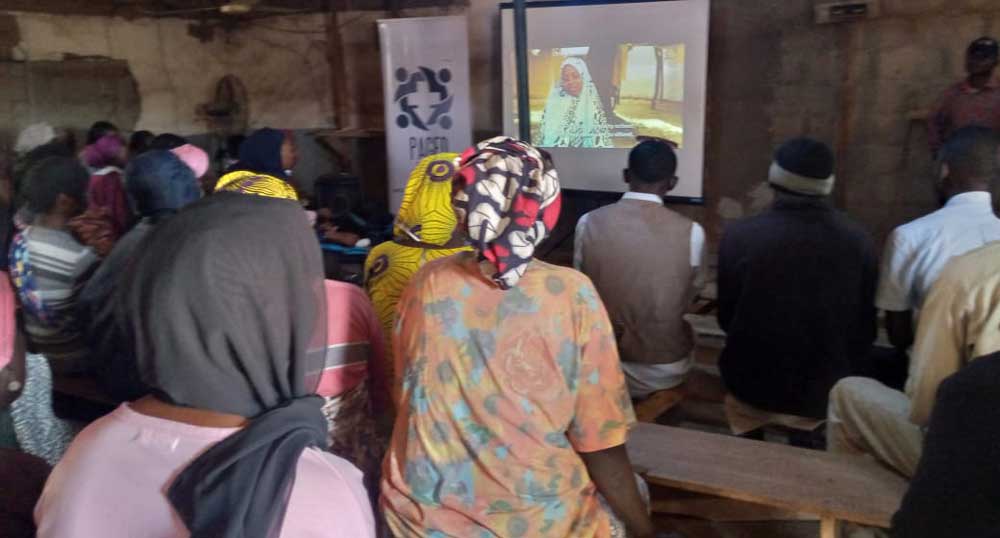Some Communities in Kaduna State have disclosed that poverty has remained the major factor contributing to many of their girls dropping out from school.
The residents of Karatudu, Sabon Tasha, and Maraban Rido communities in Kaduna State laid the complaints during a community engagement organised by a non-governmental organisation, PAGED Initiative.
Advertisement
The community engagement, which started off with a six-minute documentary, was aimed at identifying issues that are barriers to girls’ education in the area.
One of the residents, Veronica Elisha, stated that because of the harsh economy, many of their businesses have crumbled, leading them to withdraw their children from school.
Elisha, who used herself as an example, said that she was once a provision seller, adding that when the business had crumbled, she had to resort to frying and selling yams at the roadside.
“Every day, I buy yam worth N1000 or N1500. Sometimes, people won’t buy fried yam, so it becomes our food at home because we don’t even have what to eat at home. It is still from that business I use to pay school fees for my three children. It is difficult for us,” she stated.
Advertisement
She lamented that their girls were turning wayward and doing unimaginable things because they were not in school.
“When they are sent home for non-payment of school fees, they do not come back home. We, the parents, will think that they are in school not knowing that they are not,” she said.
Elisha, who said that she didn’t go to school because her parents were poor, stated that she wanted to do all she could to ensure that her children are educated but the many challenges keep drawing her back.
She lamented that their girls were being deceived by men who gave them as little as a pack of noodles to sleep with them, adding that they were getting pregnant and aborting their pregnancy frequently.
“Our children now disrespect us. Today, I overheard one of my neighbour’s children telling her, ‘if you don’t want me to go “yawo”(roam the street), pay my school fees’. We need help,” she said.
Advertisement
Elisha urged the government to provide grants for women in the communities so that they would be able to start up a business to sustain their families and send their children to school.
An elder in the community, Jonathan Gadima lamented that many of the government schools push the cost of running the school to parents even when the government preaches free education.
“When parents can’t even afford to feed the family, how will they think about sending their children to school? Education needs money. You need to buy exercise books, textbooks and other things. Imagine when we go for the Parents Teachers Association (PTA) meeting, they will be taxing us to bring money. Sometimes, we are told to pay N1500 for each child. What if I have five children, where will I get money to pay? he queried.
Also speaking, one of the community members, Everest Gideon, also disclosed that many of their children have no access to education due to insecurity in some parts of Kaduna.
Gideon, who re-echoed the fact that many of their children were engaging in all sorts of vices, also spoke of the need for the establishment of schools in communities that can’t access education due to insecurity
The people also mentioned distance to school, overpopulation, and lack of furniture, including lack of access to water as barriers to girl-child education in the area.
Advertisement
Speaking in an interview with THE WHISTLER, the Programme Director, PAGED Initiative, Ummi Bukar explained that the project termed, Media Advocacy Project for Girls is a capacity building and advocacy project that primarily seeks to champion girls education in two states of Kano and Kaduna by identifying and eliminating the barriers to girls education in the area.
She added that the project, which is funded by Malala Foundation, aims to empower young women aged 17 years to 24 years to be the champions of girl’s education in their community through research and media advocacy.



